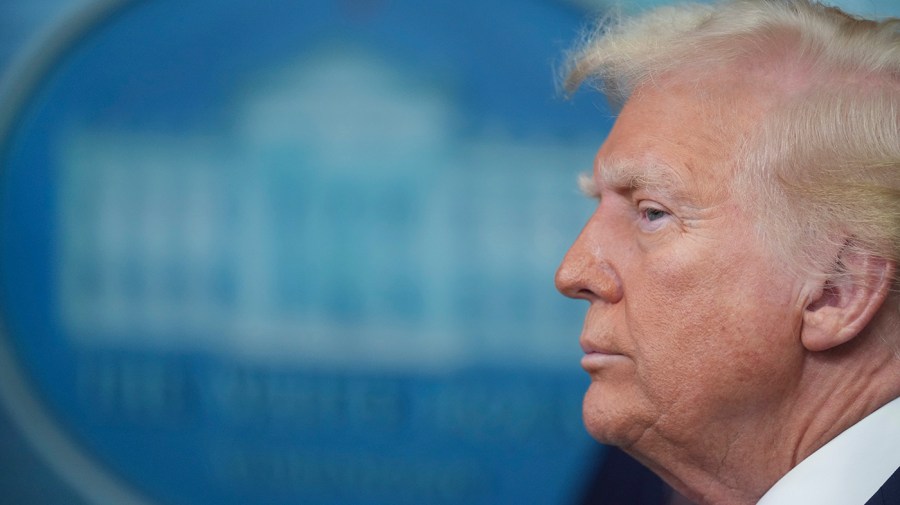Is Trump Really Unaccountable for His Actions?
Recent developments in the legal landscape surrounding former President Donald Trump have sparked a heated debate about presidential accountability and the extent of executive immunity. The Supreme Court’s recent decision granting broad immunity to Trump for his official acts while in office has raised concerns about the balance of power and the rule of law in the United States.
Supreme Court Ruling on Presidential Immunity
On July 1, 2024, the Supreme Court issued a landmark ruling in the case of Trump v. United States, granting former presidents immunity from criminal prosecution for a wide range of actions taken while in office. The court’s 6-3 decision, split along ideological lines, established that presidents have:
1. Absolute immunity for “core” executive acts
2. Presumptive immunity for actions within the “outer perimeter” of official responsibilities
This ruling has significant implications for both Trump’s ongoing legal challenges and future presidential accountability.
Key Points of the Ruling
– Absolute immunity applies to the use of Justice Department powers, even for potentially fraudulent purposes.
– The court rejected Trump’s claim of total immunity for all acts unless convicted after impeachment.
– Lower courts must now determine which of Trump’s actions qualify as “official acts” and are thus immune from prosecution.
Potential Impacts and Concerns
1. Precedent for Future Presidents: The ruling potentially allows future presidents to engage in criminal acts using their official powers without fear of prosecution.
2. Challenges to Democracy: Critics argue this decision places presidents above the law, threatening the foundations of democratic accountability.
3. Ongoing Legal Battles: The ruling complicates current legal proceedings against Trump, potentially shielding him from prosecution for actions related to the 2020 election.
4. Public Perception: The decision may influence public opinion on presidential power and accountability, potentially affecting future elections.
Different Perspectives
Critics’ Concerns
David Cole, ACLU National Legal Director, warns that the ruling “sits like a loaded weapon for Trump to abuse in the pursuit of criminal ends if he is reelected.” Some legal experts argue that this broad immunity could encourage future presidents to act with impunity, knowing they are shielded from criminal liability.
Supporters’ Arguments
Proponents of the ruling argue that it protects the presidency from politically motivated prosecutions and allows presidents to make difficult decisions without fear of legal repercussions after leaving office.
Historical Context
The concept of presidential immunity has evolved over time. Previously, it was generally understood that presidents could face criminal prosecution after leaving office. This new ruling marks a significant shift in that understanding.
Looking Ahead
As the 2024 presidential election approaches, this ruling adds another layer of complexity to the political landscape. Trump’s potential re-election bid now carries additional implications regarding presidential power and accountability. The full impact of this decision will likely unfold in the coming months and years as lower courts interpret and apply the Supreme Court’s guidelines. The ruling’s long-term effects on American democracy and the balance of powers remain to be seen.









